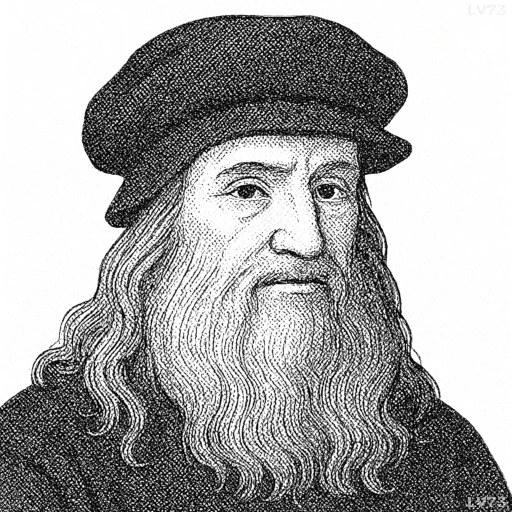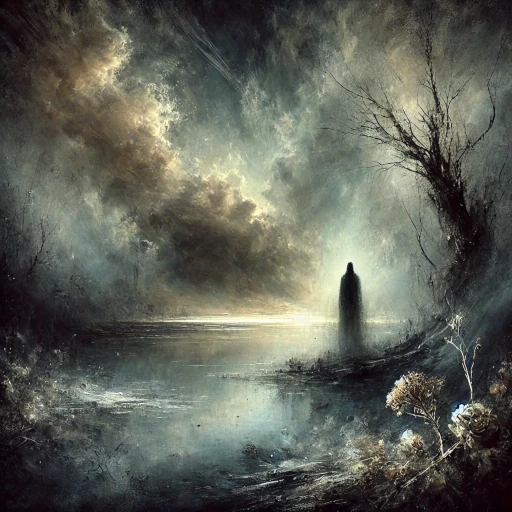“Our life is made by the death of others.”

- April 15, 1452 – May 2, 1519
- Italian
- A versatile man (painter, sculptor, architect, inventor, scientist, etc.)
table of contents
Quote
“Our life is made by the death of others.”
Explanation
In this quote, Leonardo da Vinci reflects on the interconnectedness of life and death, suggesting that human existence is shaped by the sacrifices and deaths of others. Every individual’s life is intertwined with the actions, choices, and experiences of those who came before them, and often, their survival and progress are made possible through the suffering or death of others. This concept touches on the idea that our lives are built upon the foundations laid by previous generations, whether through physical or intellectual legacy, or the cost of conflict, struggle, or historical events that have paved the way for us.
Historically, this idea can be linked to the Renaissance understanding of the cycle of life and the natural world, where life and death are seen as interdependent processes. Da Vinci, with his deep knowledge of both art and science, likely saw the interplay between creation and destruction as essential to the fabric of existence. He understood that human progress, whether in knowledge, culture, or innovation, often comes at a cost—whether through sacrifice or the natural order of things.
In modern terms, this quote resonates with the concept of collective progress and the idea that the advancement of civilization often comes with difficult sacrifices or historical events that shape our world. Whether in terms of war, social change, or technological development, many of the benefits we enjoy today are the result of challenges faced by others in the past. It also speaks to the ethical complexities of modern life, where our consumption, advancements, and privileges may, in some ways, be built on the exploitation or suffering of others, urging us to reflect on the consequences of our actions. Da Vinci’s insight reminds us that life is often a complex balance of creation and sacrifice, urging us to consider the deeper forces at work in the shaping of our existence.
Would you like to share your impressions or related stories about this quote in the comments section?






